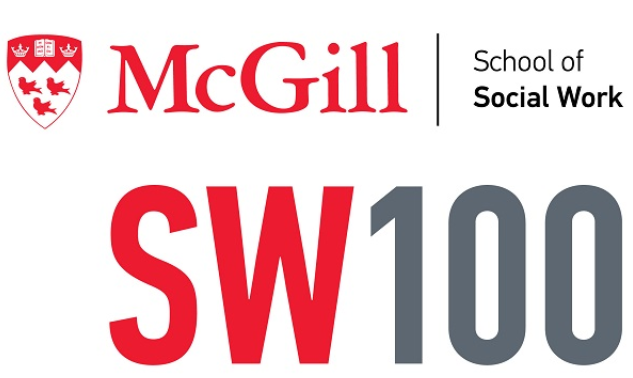McGill’s School of Social Work held a panel on the indigenous student experience at McGill on Oct. 13, featuring speakers from Indigenous Access McGill (IAM) and indigenous students. The event is part of the celebration for the School’s 100th anniversary.
Nicole Ives and Wanda Gabriel, associate professors from the School of Social Work, spoke about why IAM, a community and academic-oriented support program, is an important initiative at McGill. It has previously assisted 18 indigenous students and is currently helping 13.
“One of the areas [in which] we found support was needed was this disengagement […] from the education process,” Ives said. “The past is based in colonization, residential schools, and day schools. Education was primitive and did not give the students what they needed.”
IAM is defined by three core components: Curriculum development, student assistance, and summer support. It offers an indigenous field course to bring McGill and the Kahnawá:ke community closer together in reconciliation and action. It also provides summer orientations that give incoming indigenous students an opportunity to see what university is like.
The student support creates what Gabriel calls ‘cultural buffers’ to allow students to participate in a classroom setting without feeling the shame of not having all the answers.
“[There are] not many faces that are our own,” Gabriel said. “Pressures [are] experienced in class […from] being the only indigenous person in the classroom. When Indigenous issues come up, that student is asked to speak for all of the indigenous people.”
Alex Gray (BSc ‘ 18) , spoke of his experience as an indigenous student during lectures.
“I can remember taking a global health course,” Gray said. “Oftentimes, when indigenous issues came up, I felt like [I was] representing all of [my] people. You get your heart pumping, you start to sweat a little, and it’s not a fun experience. You feel compelled to talk [….] You’re not just in a post-secondary institution representing yourself, you are representing your community. ”
Gray also felt the burden of correcting misconceptions.
“It can be very awkward as an indigenous person,” Gray said. “Whenever your culture is mentioned or your people are mentioned, it’s in the form of stereotypes.”
Even when correcting stereotypes, Gabriel sees that it is difficult for people to express themselves as an Indigenous because their very culture has been broken.
“When you have a sole student being asked, ‘what does the indigenous world think,’ they won’t have all the answers,” Gabriel said. “When that kind of pressure is put on over and over, it brings lots of stress.To have these places where we can see ourselves within the university, to see people that are sharing the same journey, is so important.”
Gray, who is also member of the Medicine Bear drum group, credited the First Peoples House as a helpful resource in his time at McGill.
“A number of us met through First Peoples House, and there was a growing interest in getting a drum group going,” Gray said. “Bringing the drum out […] is an easy way to make a space, especially in a colonial body such as McGill, into something more welcoming to Indigenous peoples.”
The indigenous experience has always involved barriers, yet Gabriel puts faith in initiatives like IAM to rise to the challenge.
“We have to keep pushing with determination, [though] we are born into struggle and resistance,” Gabriel said. “Our people survived cultural genocide through determination and [resilience]. After all of these actions to eradicate our people, we’re still here [….] There needs to be further dialogue of what comes up for non-indigenous professors when they are teaching indigenous material. There are ways to teach about indigenous studies by coming from this perspective—the honest perspective—not Canada’s little secret.”









